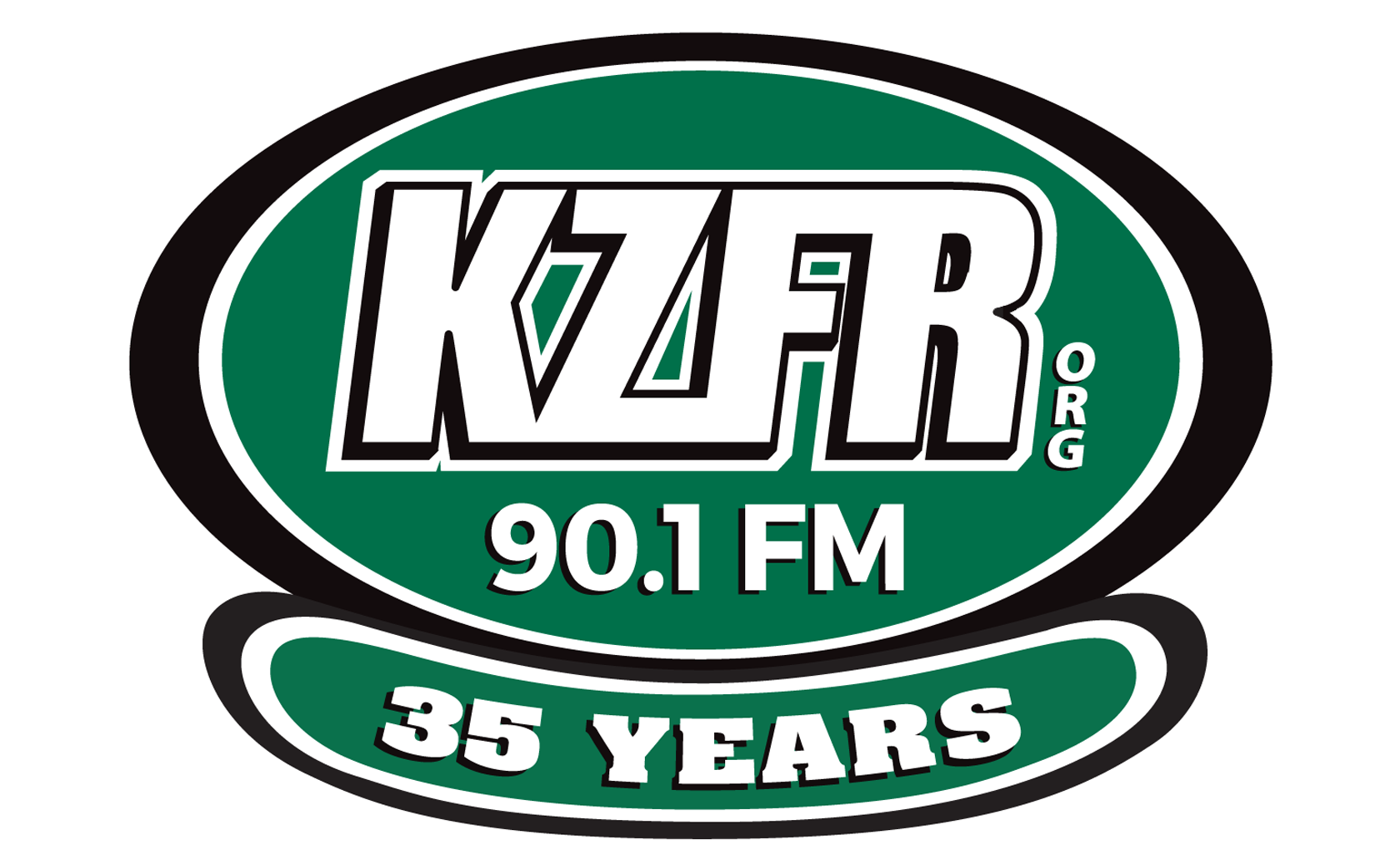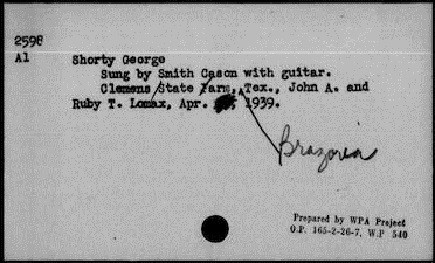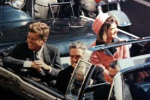In 1963 Jim McGuinn, the former side musician for the Chad Mitchell Trio and Bobby Darin was living in New York and writing songs for Darin's publishing company, and producing and recording with artists like Judy Collins and Simon & Garfunkel. He was also thinking about moving to L.A. and possibly forming a band. In the evening of November 22, 1963 a distraught McGuinn sat down and rewrote the words to a song that had been floating around the folk scene for the last few years. His composition would not be released until 1965 when it appeared on his band's second record album, The Byrds “Turn, Turn, Turn” (Columbia).
He was a friend of
mine, he was a friend of mine
His killing had no purpose, no reason or rhyme
He was a friend of mine
He was in Dallas town, he was in Dallas town
From a sixth floor window a gunner shot him down
He was in Dallas town
He never knew my name, he never knew my name
Though I never met him I knew him just the same
Oh he was a friend of mine
Leader of a nation for such a precious time
He was a friend of mine
“He was a Friend of Mine” had its
origins in a song called “Shorty George” that musicologist John Lomax collected
in the 1930’s from inmates at southern prisons and work farms. The most notable version was performed by a guitar playing inmate in Texas named Smith
Casey. The title "Shorty George" refers to the train that carries convicts away to their prison.
The Traditional
Ballad Index identifies the key verses of “Shorty George” derivatives as: "He was a friend of mine (x2), Never
had no money to pay his fine..." "He died on the road, Never had no
money to pay for his board." "He never done no wrong, He was just a
poor boy a long way from home." "I stole away and cried...."
In some versions the singer laments the death of a friend, but in others (like Leadbelly's) the
deceased isn’t a friend but a person of questionable character. In all versions the dead guy
was a traveling person, a rambler who dies either on the road or on a train. Lomax’s notes describe it as a “blues” and a “dirge for a dead comrade.”
At some point in the late 1950’s or
early 1960’s the song was re-written and re-titled by urban New York folk singers. Some
give credit to Dave Van Ronk for introducing it to everyone (after all, he had
been around longer than most and was in fact everyone’s mentor) but Eric Von
Schmidt said that he had adapted it from a Library of Congress recording and he
claimed to have introduced it to Bob Dylan.
But Van Ronk used to introduce the song in his performances by explaining: “I learned this song from Eric Von Schmidt
who learned it from Dylan who learned it from me” which was his way of
saying that each of them played and changed the song as so inclined. Somehow
Dylan ended up with composer/arranger credit and royalties from the song even
though Von Schmidt recorded and released the tune first in early 1961 on “Rolf
Cahn & Eric Von Schmidt” (Folkways Records). Dylan recorded his version in
late 1961 for his first album “Bob Dylan” (Columbia Records), but it wasn’t
included in the final release and wouldn’t be released officially until the 1990’s
“Bootleg Series Vol. 1-3” (Columbia Records). Van Ronk didn’t record the song
until 1962 for his album “Folksinger” (Prestige) and he gave Dylan writer’s
credit for it. Von Schmidt recorded another version for his first solo album
“The Folk Blues of Eric Von Schmidt” (Prestige/Folklore) which also came out in
1963, and again Dylan is credited. All of these pre-McGuinn versions stick closely to the "Shorty George" narrative.
For his part Dylan wrote in the “Bootleg Series” notes
that he had adapted "He Was a Friend of Mine" from a song he had learned from Blind Arvella Gray (1906-1980), a Chicago street
singer. This could be Dylan at work on
his own mythology, but it’s also not hard to imagine Arvella Gray performing his own
version of “Shorty George” and Dylan digging it.
McGuinn’s changes to the lyrics were not to be the last, and in many cases the anonymous generic protagonist of the song is replaced by a real person and an actual place. In late 1963 Elektra Records released “Dian & the Greenbriar Boys” which contained a version of “He Was a Friend of Mine” that featured the same traditional theme, but a different arrangement with different lyrics (referring to an event in "Gila Bend") written by a young songwriter, Hoyt Axton. Folksinger Mark Spoelstra wrote and recorded “Just a Hand to Hold” (Broadside) after witnessing the hit and run death of a child in Fresno, California in 1964. He based his song on Van Ronk’s version of “He was a Friend of Mine.” (Later, the Grateful Dead based their performances of “He was a Friend of Mine” on Spoelstra’s arrangement). Country musician Bobby Bare recorded his version in 1964 and dedicated it to Jim Reeves, the country star who had recently died in a plane crash. Since then, the song has been used to mark the passing of quite a few notable persons, perhaps most poignantly by Dave Van Ronk who performed it his way at the memorial for Phil Ochs.
Sources:
mudcat.org/thread.cfm?threadid=51570;
To listen to different versions of "Shorty George" and "He Was a Friend of Mine" check out this link:
http://jopiepopie.blogspot.com/2013/05/shorty-george-1939-he-was-friend-of.html
















